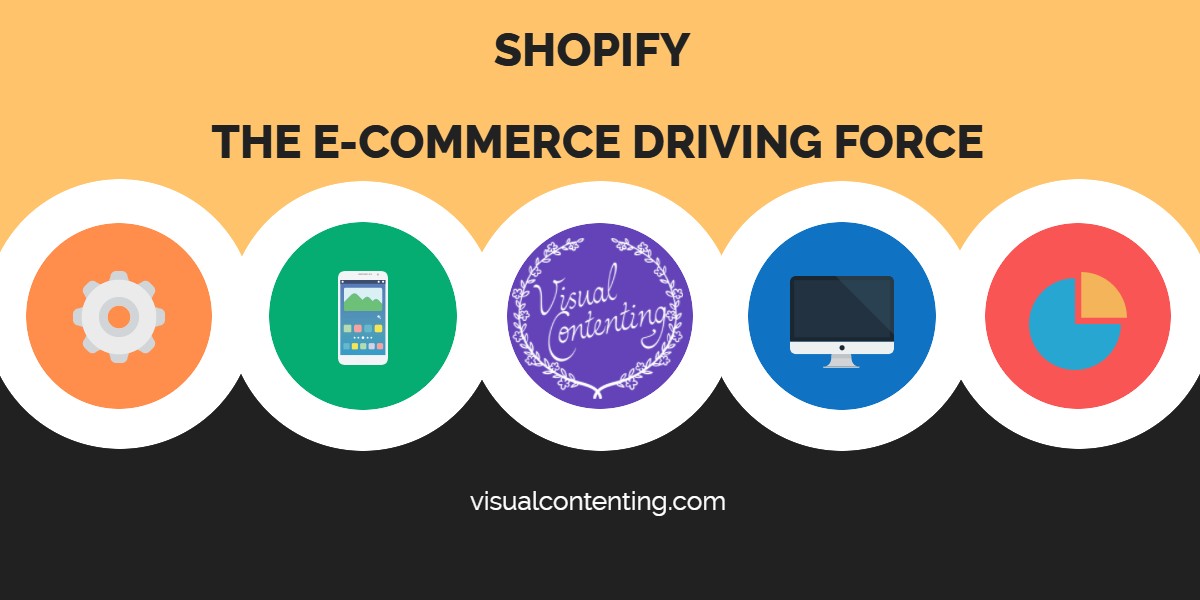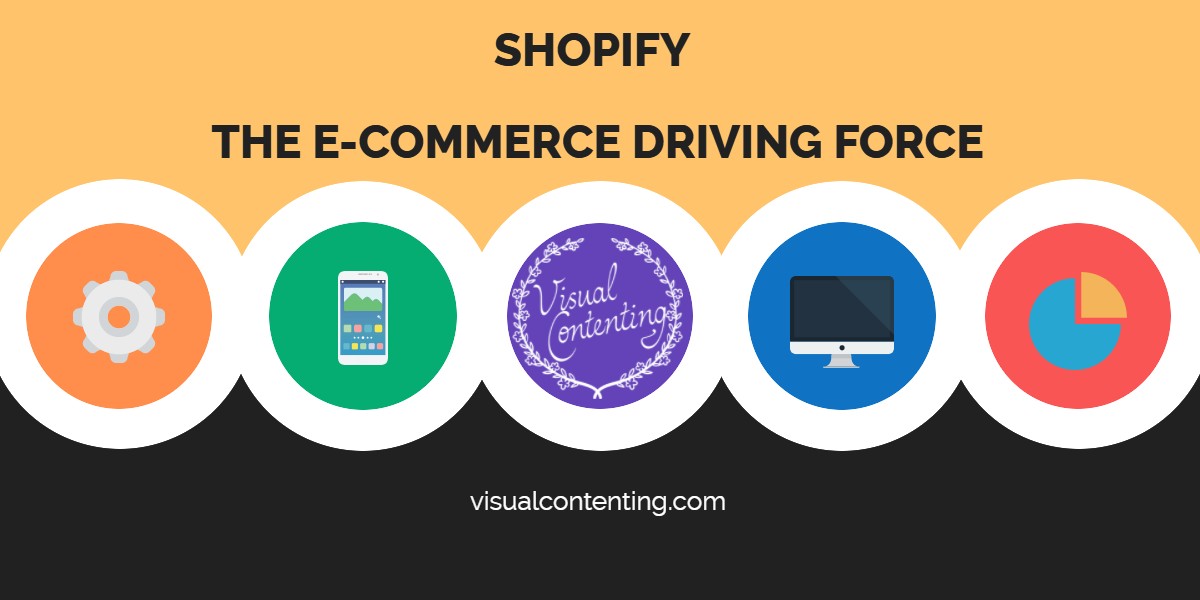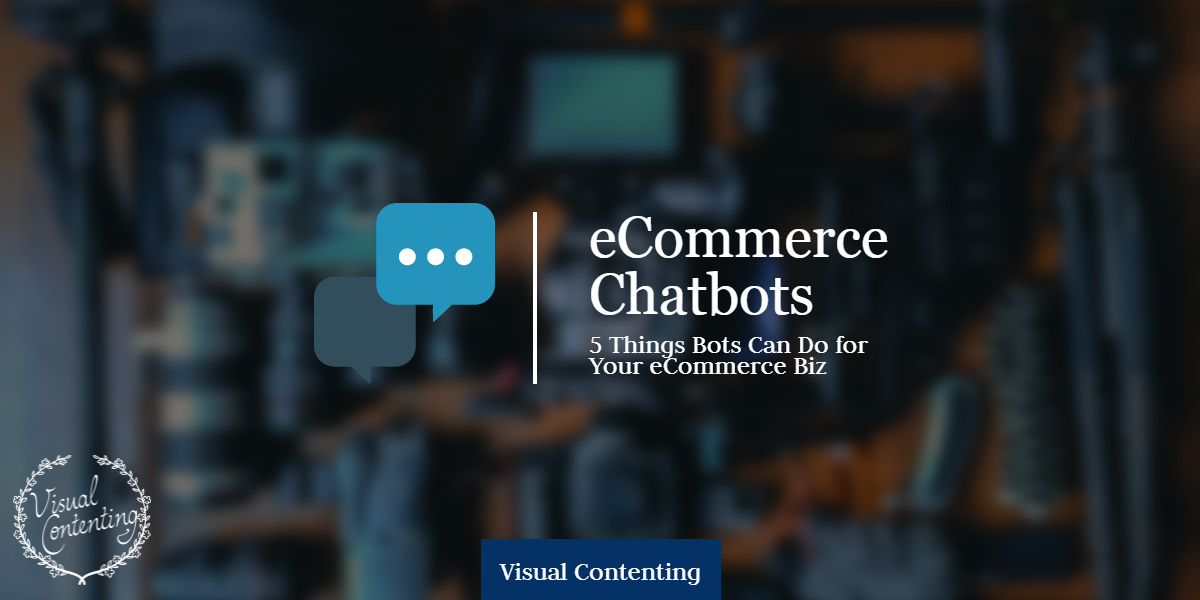E-commerce websites have been around for quite some time now, as online shopping is a part of everyday life. These websites are constantly adding new members, especially since more shoppers and retailers are testing the waters by way of free trials. Fourteen days is more than enough time to set up a store and test the market. Recently, Shopify has doubled down on this promotion, letting its trial customers play for free for a whole month before having to commit to a subscription. This is enough time not only to get acquainted with the mechanics, but also to get comfortable and perhaps even hooked. Since Shopify appeared to have such easy back-end administration, slick tools, and competitive pricing, I found it difficult to pass up.
Appearance Is Everything
Whether at a brick-and-mortar establishment or online, shoppers are drawn to stores that have the right “look.” Appearance is everything – it indicates professionalism, credibility, ambition, and commitment to making an impression. For the graphical user interface, Shopify offers a wide array of professional looking themes that are contemporary and polished, with plenty of stylistic elements, widgets, plugins and details to set up shop with just the right look and feel.
Available Toolkit to Set Up Your Business
A successful business has a solid operational infrastructure, and e-commerce stores are no exception. Shopify provides online entrepreneurs with a full toolkit to get things up and running. These apps include payment gateways, order tracking, product displays, inventory management and shipping. With Shopify, setup is easy, with a user-friendly dashboard area for adding your products and a customizable interface for both you and your customers.
E-commerce shops have a wide variety of specific requirements beyond the usual starter kit. Some entrepreneurs need advanced tools for newsletters, mailing list management, and marketing. Meanwhile, they may also need more powerful apps to automate tasks such as processing and tracking orders, accounting, fulfillment and customer service. Shopify maintains and curates its own App Store with over 1,100 free and paid apps that users can integrate into their shops to build their online businesses. This is far more than what the average online store builder has to offer.
Pricing Plans
All online store platforms have their own unique benefits and features, but Shopify offers not only some of the most customization options, but also the best prices available. Currently, they offer users unlimited bandwidth to set up and operate their online stores. The price? Users pay subscription fees every month, and are available in three different tiers. In addition to reasonable monthly fees, Shopify gets somewhere between 0.5 and 2 percent of every sale, depending on the subscription plan you choose. These transaction fees are waived, however, if you use Shopify Payments as the payment-processing manager. For unlimited bandwidth, this is a very good deal, especially for subscribers who are on the “Advanced Shopify” plan. I’ve found the “Basic Shopify” pricing plan to be suitable for my needs, as it allows my business plenty of room to grow.
For new e-merchants just getting started on Shopify, one of the burning questions is whether their products will actually be seen by their target market. One of the most important marketing issues we face as online entrepreneurs is projecting the number of potential customers, as this is directly correlated with sales. If more potential customers can see what you have to offer, then more of them will end up shopping at your store. Shopify is a very popular service platform for online shopping, boasting the benefits of a large user base of sellers as well as shoppers. And despite being a relative newcomer, it continues to grow in popularity.
Technical Support
To keep things running smoothly, Shopify also has technical support for their subscribers running 24 hours a day, seven days a week. Tech support is available through phone, email, live chat, as well as tutorials and community forums. These resources come in handy for all matters you might encounter as a subscriber, from getting your store setup, to troubleshooting an app and sorting out any other operational issues.
Integration
Shopify has partnered with other e-commerce players and integrated social media platforms to help its growing population of merchants get things moving. Merchants have the option to leverage their Amazon marketplace profiles to make transactions more efficient. Facebook Messenger has also been integrated into Shopify, giving them access to a wider range of users. And partnerships with Apple Pay and Android Pay are in the works for this year, allowing checkout and payment gateways to be further streamlined, especially for mobile users.
For a company that started out with only two employees, Shopify has grown into a billion-dollar business with hundreds of workers, a solid infrastructure, and strong networks with developers and technology professionals. Having surpassed older e-commerce websites in terms of membership, revenue, and other factors, Shopify stands as a model for startup companies who want in on the e-commerce game.
Was this article helpful in your search for an online store builder? Please leave a comment below, or share this article with your friends.





